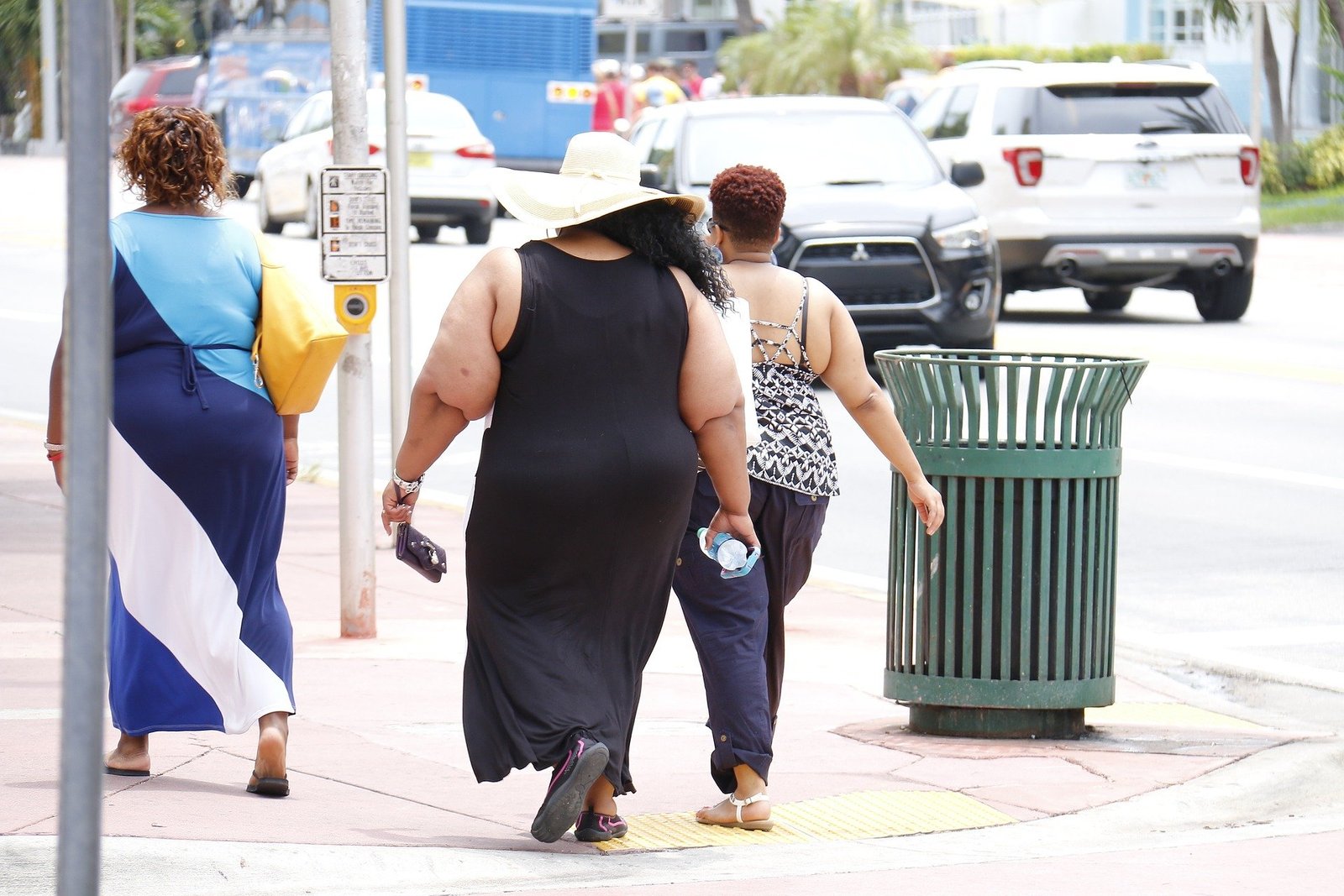Unlike popular belief, only elderly are not vulnerable to Covid 19. Studies in many countries including France, America, Japan, Italy and China have confirmed that even younger people are dying of covid due to chronic conditions they suffer from.
Near the top of the list is obesity.
Increasing evidence indicates that obesity is an independent risk factor for severe illness and death from covid-19.
Obesity increases the risk of respiratory failure, alters the immune system and may cause chronic inflammation that can rapidly escalate out of control with coronavirus infection.
Obesity and Covid
According to the British medical Journal, in the UK, a population cohort study (428 225 participants; 340 admitted to hospital with confirmed covid-19, 44% of whom were overweight and 34% obese) and the OpenSAFELY study using linked electronic health records (17 425 445 participants, 5683 covid-19 deaths (29% overweight, 33% obese) have shown a dose-response relation between excess weight and severity of covid-19.
After potential confounders, including age, sex, ethnicity, and social deprivation, were adjusted for, the relative risk of critical illness from covid-19 increased by 44% for people who were overweight (relative risk 1.44, 95% confidence interval 1.08 to 1.92) and almost doubled for those with obesity (1.97, 1.46 to 2.65) in the cohort study.
Similarly, in the OpenSAFELY study, after all other risk factors (including comorbidities) were fully adjusted for, the risk of dying from covid-19 increased with obesity severity, from a 27% higher risk in the first obesity category (body mass index (BMI) 30-34.9; hazard ratio 1.27, 1.18 to 1.36) to more than doubling of the risk in the most obese category (BMI >40; 2.27, 1.99 to 2.58).
Smaller studies from the Asia-Pacific region, Europe, and the US have confirmed these findings.
How to explain the relation between obesity and covid-19
Multiple mechanisms could explain the relation between obesity and covid-19. Angiotensin converting enzyme-2 (ACE-2), the transmembrane enzyme that SARS-CoV-2 uses for cell entry, exists in larger quantities in people with obesity. Whether this is the result of higher ACE-2 expression in the adipocytes of people with obesity or having more adipose tissue in general (and thus a greater number of ACE-2 expressing cells) is not yet clear.
Obesity can also alter immune responses, as has been shown with the influenza virus, leading to weakened host defence and a greater chance of a cytokine storm with covid-19.
Finally, obesity diminishes lung function through greater resistance in the airways and more difficulty in expanding the lungs. When patients with obesity need to be admitted to intensive care units it is challenging to improve their oxygen saturation levels and ventilate them.
Food Industry shares the blame
According to the BMJ, food industry shares the blame not only for the obesity pandemic but also for the severity of covid-19 disease and its devastating consequences. During the covid-19 pandemic an increase in food poverty, disruptions to supply chains, and panic buying may have limited access to fresh foods, thus tilting the balance towards a greater consumption of highly processed foods and those with long shelf lives that are usually high in salt, sugar, and saturated fat.
With obesity, the key is early intervention. If patients can change their lives before suffering chronic disease consequences, they have a far greater chance of living longer, healthier lives with or without Covid-19.
Governments across the world need to promote preventive health at a national level.
Governments should offer tax incentives to companies that provide their workers at least five hours a week to exercise during working hours.







